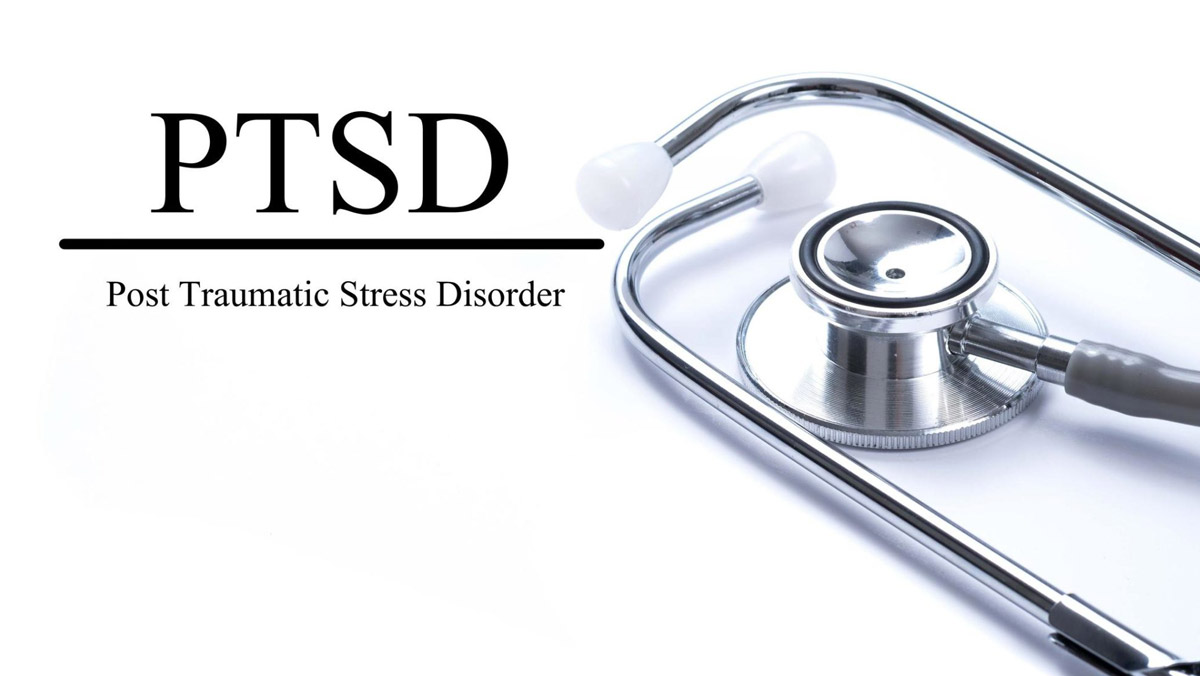Severe car accidents are traumatizing situations for all involved. While car accidents may result in physical injuries such as whiplash, fractures, lacerations and burns, they can also result in emotional and psychological injuries, invisible to the eye. One of the most common is post-traumatic stress disorder.
What Is PTSD and Why Does It Happen?
According to the American Psychiatric Association, post-traumatic stress disorder or PTSD is “a psychiatric disorder that can occur in people who have experienced or witnessed a traumatic event such as a natural disaster, a serious accident, a terrorist act, war/combat, rape or other violent personal assault.”
Approximately 3.5% of U.S. adults experience PTSD, while one in 11 people will receive a PTSD diagnosis in their lifetime.
Symptoms of PTSD
Individuals diagnosed with PTSD experience difficult thoughts that relate to their experience, often reliving the event through flashbacks. They often have strong reactions to noises, feelings or scents that remind them of the event. Intense fear, anger and depression may accompany these symptoms.
Can You Receive Compensation for PTSD Resulting From a Car Accident?
Just like physical injuries, PTSD comes at a cost. Those who experience PTSD often have difficulty returning to full function. They may find it difficult to work and may require counseling and therapy. To help you cover the costs, you’re entitled to compensation for PTSD resulting from a car accident due to another driver’s negligence.
Typically, pain and suffering coverage, or compensation for lost wages and trauma, includes PTSD and other emotional and psychological medical conditions. PTSD claims are often complex in nature and may require a professional attorney for the best outcome. For PTSD claims to be successful, you must have a PTSD diagnosis on record.
The Law Protects Even Your Invisible Injuries
Not all injuries resulting from a car accident are visible. Emotional and psychological pain are just as valid as injuries to the physical body. If you’re experiencing symptoms of PTSD, reach out to your physician for expert care. We also recommend reaching out to an attorney for help receiving the compensation you deserve. To learn more, send us a message.





